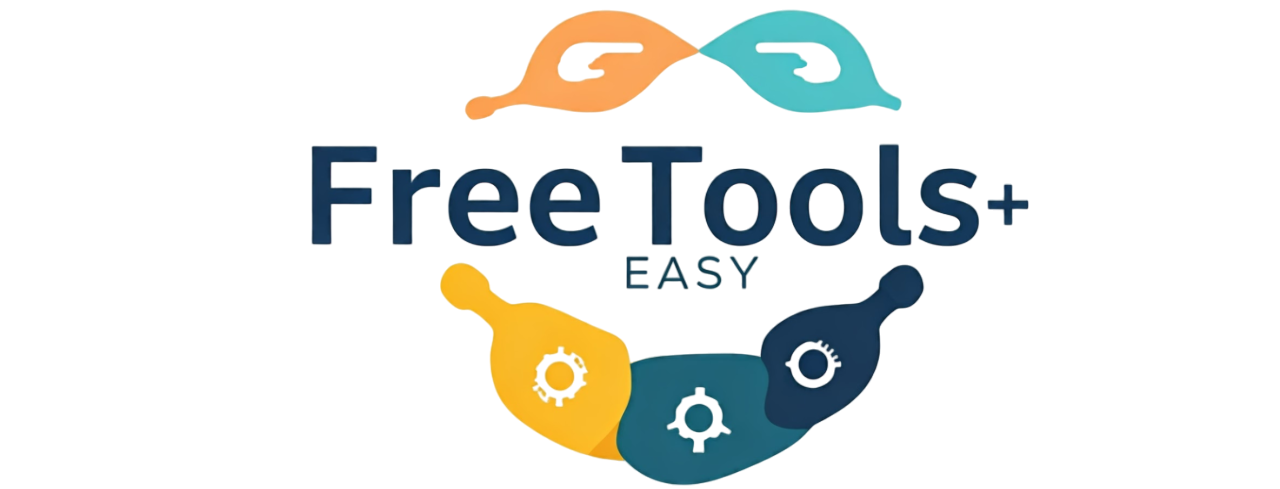XML to JSON Converter
JSON Output
Introduction
In today’s interconnected digital world, data comes in various formats, each serving specific purposes and applications. XML (eXtensible Markup Language) and JSON (JavaScript Object Notation) are two commonly used formats for representing structured data. While XML has been around longer and is widely used in web services and data storage, JSON has gained popularity for its simplicity and compatibility with JavaScript. Converting data between XML and JSON formats is often necessary, especially when integrating different systems or exchanging data between applications. In such cases, an XML to JSON Converter proves invaluable, streamlining the conversion process and ensuring data compatibility across platforms.Understanding XML and JSON
XML (eXtensible Markup Language): XML is a markup language that defines a set of rules for encoding documents in a format that is both human-readable and machine-readable. It uses tags to define the structure and meaning of data elements within the document. XML is commonly used for storing and exchanging data in web services, configuration files, and other applications where structured data is required. JSON (JavaScript Object Notation): JSON is a lightweight data interchange format that is easy for humans to read and write and easy for machines to parse and generate. It is based on key-value pairs and supports various data types, including strings, numbers, arrays, and objects. JSON is widely used in web development for transmitting data between a server and a web application, as well as for configuration files and APIs.The Need for Conversion
While both XML and JSON serve similar purposes, they have distinct syntax and structures. Converting data between these formats becomes necessary in scenarios such as:Interoperability- When integrating systems or applications built on different technologies, converting data between XML and JSON ensures seamless communication and compatibility.
Web Development- Many modern web applications use JSON as the preferred data format for exchanging information between the client and server. Converting XML data to JSON allows developers to work with consistent data formats throughout the application stack.
Data Transformation- Converting XML to JSON enables data transformation processes, such as restructuring data, filtering out unnecessary information, or aggregating data from multiple sources.
Performance Optimization- In some cases, JSON may offer better performance and efficiency compared to XML, especially in web environments where minimizing data size and reducing parsing overhead are critical.
Introducing the XML to JSON Converter
An XML to JSON Converter is a specialized tool designed to facilitate seamless conversion between XML and JSON formats. It provides a user-friendly interface and powerful conversion capabilities, allowing users to:Import XML Data- The converter tool allows users to import XML data from various sources, including files, URLs, or raw input. This flexibility enables users to convert XML data stored locally or accessible via web services.
Customization Options- Advanced XML to JSON converters offer customization options to tailor the conversion process according to specific requirements. Users can define mapping rules, handle nested structures, and manipulate data elements as needed.
Error Handling- Robust XML to JSON converters include error handling mechanisms to detect and handle issues during the conversion process. This ensures data integrity and prevents loss of information due to formatting errors or invalid data structures. Performance Optimization- High-performance XML to JSON converters are optimized for speed and efficiency, allowing users to process large volumes of data quickly and accurately. Multi-threading and parallel processing techniques may be employed to maximize performance.
